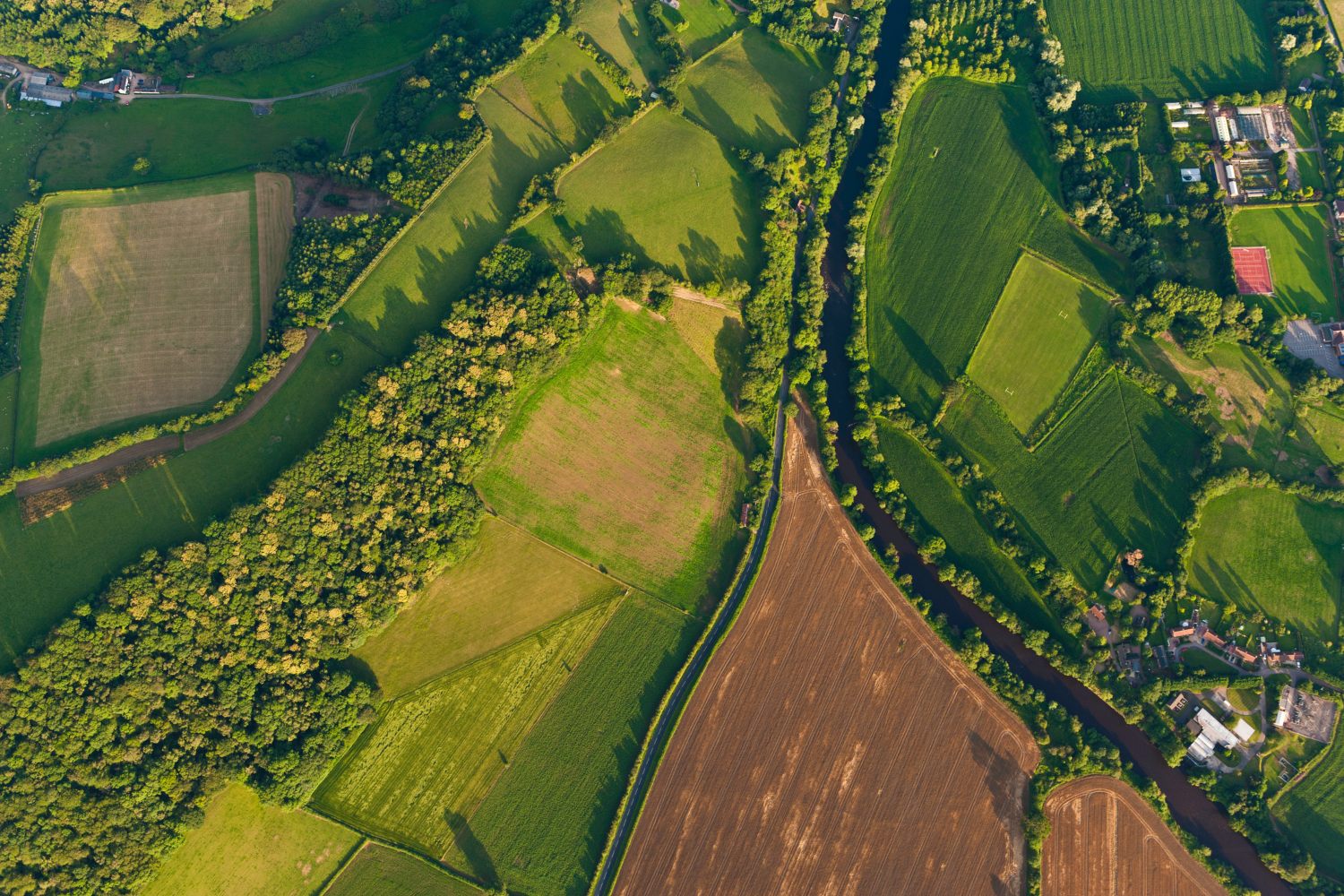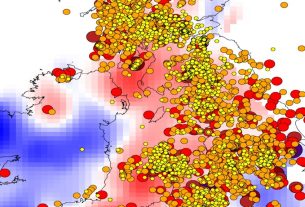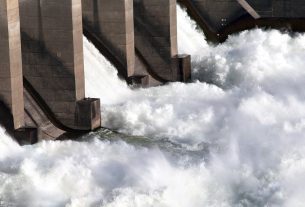The way we use and treat land across the UK, especially agriculture and peatlands, accounts for a significant 11% of the country’s total carbon emissions. Restoring peatlands, protecting and restoring woodlands, preventing flooding and encouraging different and sustainable approaches to food production can all help reduce this total.
But how solid is our evidence? How can we be sure changes will make a significant difference? And how can this be approached fairly, sustainably, consistently and with equal impact in communities across each part of the UK?
These are the challenges that will be tackled by a new consortium of 34 organisations galvanised by £6.25 million of new investment.
Driving policy change
A new hub called Land Use for Net Zero (LUNZ) will be co-led by The James Hutton Institute and the University of Leicester. It will produce fresh evidence and guidance to drive policy change led by administrations covering all four parts of the UK.
The new hub is co-funded by:
- UK Research and Innovation, as part of its Building a Green Future strategic theme
- Biotechnology and Biological Sciences Research Council
- Economic and Social Research Council
- Department for the Environment, Food and Rural Affairs (Defra), on behalf of England and Wales
- Department for Energy Security and Net Zero (DESNZ)
- Natural Environment Research Council (NERC)
- the Scottish Government
It has been co-designed with Defra, DESNZ, Department of Agriculture, Environment and Rural Affairs of Northern Ireland and the Welsh and Scottish governments.
Experts from across the field
The consortium includes experts from research, policy, farming and industry across issues including:
- green finance
- renewable energy
- planning
- soil health
- afforestation
- water management
Fulfilling our environmental ambitions
Science, Research and Innovation Minister, Andrew Griffith, said:
We aren’t making any more of it so ensuring Britain’s land is used as sustainably as possible in farming, planning and beyond is crucial to fulfilling our environmental ambitions while protecting our iconic countryside and woodlands
Our more than £6m investment backs experts in areas like farming, finance, and planning to come together and develop long-term, sustainable solutions in land use that produce food, grow the economy and cut carbon emissions.
Make land use work for people
Environment Minster Rebecca Pow said:
The way we use our land has important impacts across society, helping to produce the food we eat, provide habitats for wildlife and contributing to net zero by acting as a carbon store. The Land Use for Net Zero consortium will help us to develop the knowledge needed to make the best possible use of our land.
Balancing the priorities in land use while working towards net zero requires careful consideration of the needs of different sectors, which is why we need this kind of collaboration and knowledge sharing to ensure that we can make land use work for people and for net zero.
An innovative new approach
Chief Scientific Adviser at Defra, Professor Gideon Henderson, said:
The launch of the Land Use for Net Zero (LUNZ) Hub represents an innovative new approach to working with academia. It will draw together the strengths of researchers across all four UK nations to fast-track evidence into policy planning in government. The Hub will be perfectly placed to help inform optimal routes to balance the competing demands on our land, economy and society as the UK achieves it carbon budget and Net Zero commitments.
It will play a pivotal role in helping communicate more widely how land can act as a carbon emissions source or sink depending on its use.
Accelerate the green economy
Interim Executive Chair of NERC, Professor Peter Liss, said:
This new consortium brings together 34 partner organisations to help drive policy change that will cut carbon emissions from land use across the UK.
As part of UKRI’s building a green future strategic theme it is a significant step in our aim to accelerate the green economy and deliver the research and innovation needed to achieve reduced emissions beyond 2030.
In the UK, emissions from the agricultural and land use sector amounted to 53 million tonnes of carbon dioxide equivalent in 2016, over 11% of the UK’s total emissions. While most other sectors of the UK economy have progressively decarbonised, emissions from agriculture have not fallen since 2008.
Armed with world-class research, innovative new systems and products and more dynamic collaboration, governments will have more of what they need to achieve transformational change in UK land management.
Bridge the gap between researchers and policymakers
Professor Lee-Ann Sutherland, Director of the International Land Use Study Centre at The James Hutton Institute and LUNZ hub co-lead, said:
Different land use would make a big difference to UK carbon emissions. But the science is complex and policy making is hard. This is why this investment is important and will make our lives better.
Our aim is to bridge the gap between researchers and policy makers and our work will be focused on meeting specific policy-maker needs, giving them the evidence they need in the format and timeframe they need it.
Our consortium has developed a series of innovative mechanisms to do just that, each tailored to generate clear, robust answers to urgent questions.
Ensuring impact extends throughout society
Equally novel is the approach to stakeholder participation in the hub.
Professor Heiko Balzter, Director of the Centre for Landscape and Climate Research at the University of Leicester and LUNZ hub co-lead, said:
Creating a fair, realistic path to Net Zero in the land use sector can only be achieved with the involvement of a wide range of stakeholders throughout the process – to provide their expertise, share the hub’s outputs and ensure its proposals work in practice as well as theory.
Our consortium reflects this – ranging from those at the cutting edge of climate change modelling to farmers groups, advisory organisations, non-governmental organisations and an arts collective. Their range and profile will ensure the hub’s impact extends throughout society – so everyone can engage in land use transformation – from the food they buy to their holiday, housing and investment decisions.
At the heart of the hub’s challenge is working out how any changes put forward can make a real and lasting difference when put into practice in the real world.
Top image: Credit: fotoVoyager, E+ via Getty Images



